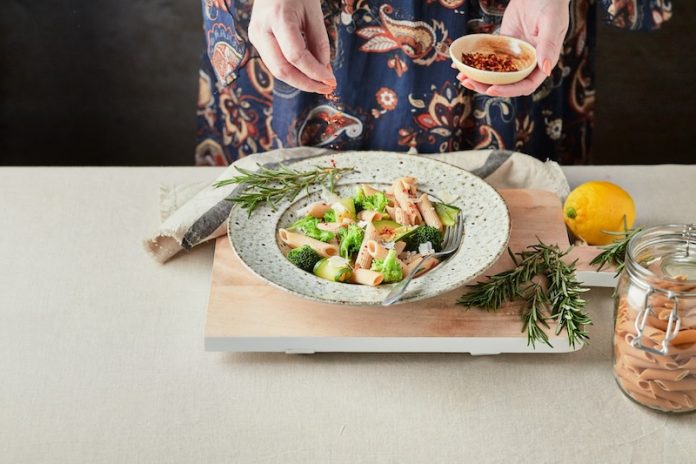
Strokes can turn lives upside down, affecting not just the person who suffers from it but their families as well.
While we often hear about the importance of exercise and avoiding stress, what we eat plays a crucial role in stroke prevention.
This guide dives into the simple yet powerful ways nutrition can help keep strokes at bay, turning scientific research into easy-to-understand advice for everyone.
At the heart of stroke prevention is the understanding that what we put into our bodies directly affects our health.
Strokes happen when blood flow to a part of the brain is interrupted, which can be due to a clot (ischemic stroke) or a burst blood vessel (hemorrhagic stroke).
The good news is, research has shown that certain dietary choices can significantly reduce the risk of these events happening.
Firstly, let’s talk about fruits and vegetables. They’re not just sides on your plate; they’re your main allies in the fight against strokes.
Studies have consistently shown that people who eat more than five servings of fruits and vegetables a day have a lower risk of stroke.
This is because these foods are high in fiber, vitamins, and minerals, and they have antioxidants that help protect your blood vessels from damage.
Whole grains are another hero in the narrative of stroke prevention. Replacing refined grains like white bread and pasta with whole grains can help improve blood cholesterol levels and lower the risk of stroke.
Whole grains include foods like oatmeal, brown rice, and whole wheat bread. They contain fiber, which helps keep your digestive system running smoothly and prevents high cholesterol, a known risk factor for stroke.
Then, there’s the matter of fats. Not all fats are villains in our diet; in fact, some are quite beneficial.
Olive oil, nuts, and fatty fish like salmon are rich in healthy fats that can reduce inflammation and improve heart health, thereby reducing stroke risk.
On the flip side, it’s crucial to limit intake of saturated fats found in red meat and trans fats found in many processed foods, as these can clog arteries and increase stroke risk.
Speaking of fish, let’s not overlook the power of omega-3 fatty acids found abundantly in seafood like salmon, mackerel, and sardines.
These fats are superstars in preventing blood clots and improving vascular health, making them a top choice for anyone looking to prevent stroke.
Salt is a bit of a tricky subject. While it’s essential for our body to function, too much salt can lead to high blood pressure, a leading cause of stroke.
Reducing salt intake by choosing fresh foods over processed ones and seasoning with herbs and spices can make a big difference in stroke prevention.
Lastly, hydration plays a key role in keeping strokes at bay. Drinking plenty of water keeps your blood vessels healthy and helps manage blood pressure.
Sometimes, the simplest advice is the most effective: drinking water is an easy habit with powerful benefits.
In conclusion, preventing strokes doesn’t require a PhD in nutrition. Simple changes to your diet can make a significant impact.
Eating a variety of fruits and vegetables, choosing whole grains, embracing healthy fats, cutting down on salt, and staying hydrated are all straightforward, research-backed strategies anyone can follow.
Remember, every meal is an opportunity to protect your brain health. So, the next time you’re planning your meals, think about feeding not just your hunger but your wellbeing too. Eat smart today to keep strokes away tomorrow.
Follow us on Twitter for more articles about this topic.
Copyright © 2024 Scientific Diet. All rights reserved.








